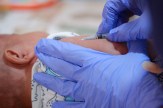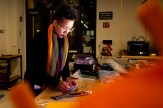Free online COVID-19 vaccine course fills the gap in public health messaging
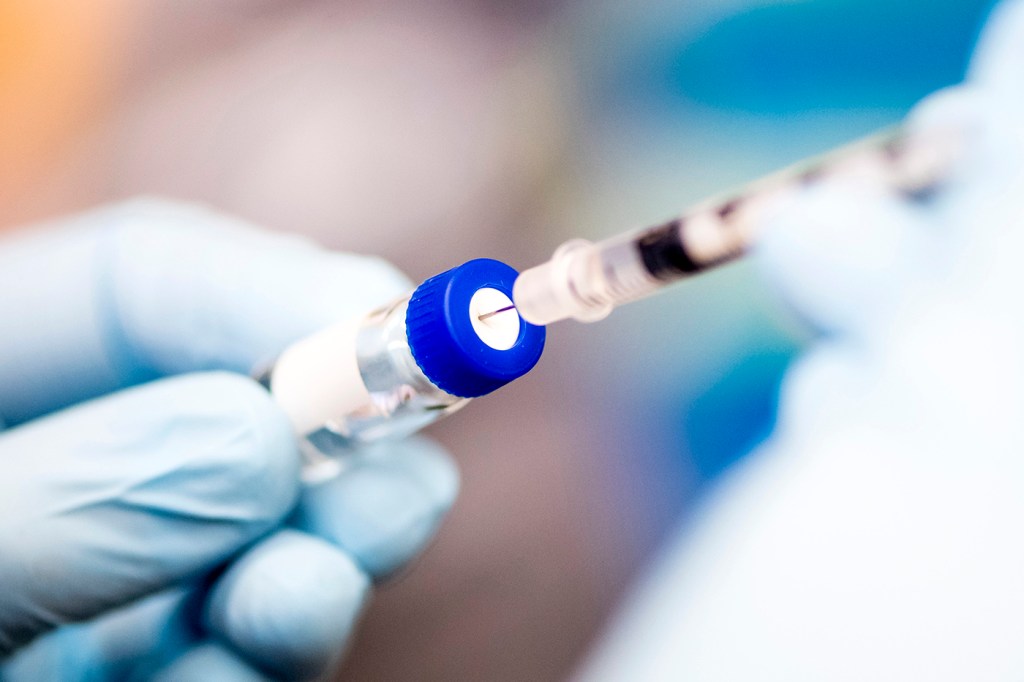
According to recent polling, less than half of Americans say they will definitely receive a COVID-19 vaccine when it is available to the general population. Fifteen percent of Americans say they will refuse to be vaccinated and over one-third of the population is unsure if they should get inoculated.
“It is critically important to reach the people who are on the fence about the vaccine,” says Stephen Flynn, founding director of the Global Resilience Institute at Northeastern, who co-led this initiative to launch the public health course, COVID-19: Vaccines 101. “If the overwhelming majority of Americans don’t get vaccinated, we cannot achieve a safe enough level of immunity to bring the pandemic under control.”
The FDA’s recent Emergency Use Authorizations of the Pfizer and Moderna COVID-19 vaccines makes the need to effectively communicate the facts about vaccines to the public an urgent public health imperative. This free publicly available online educational resource provides expert information using Northeastern’s best-in-class digital learning tools.
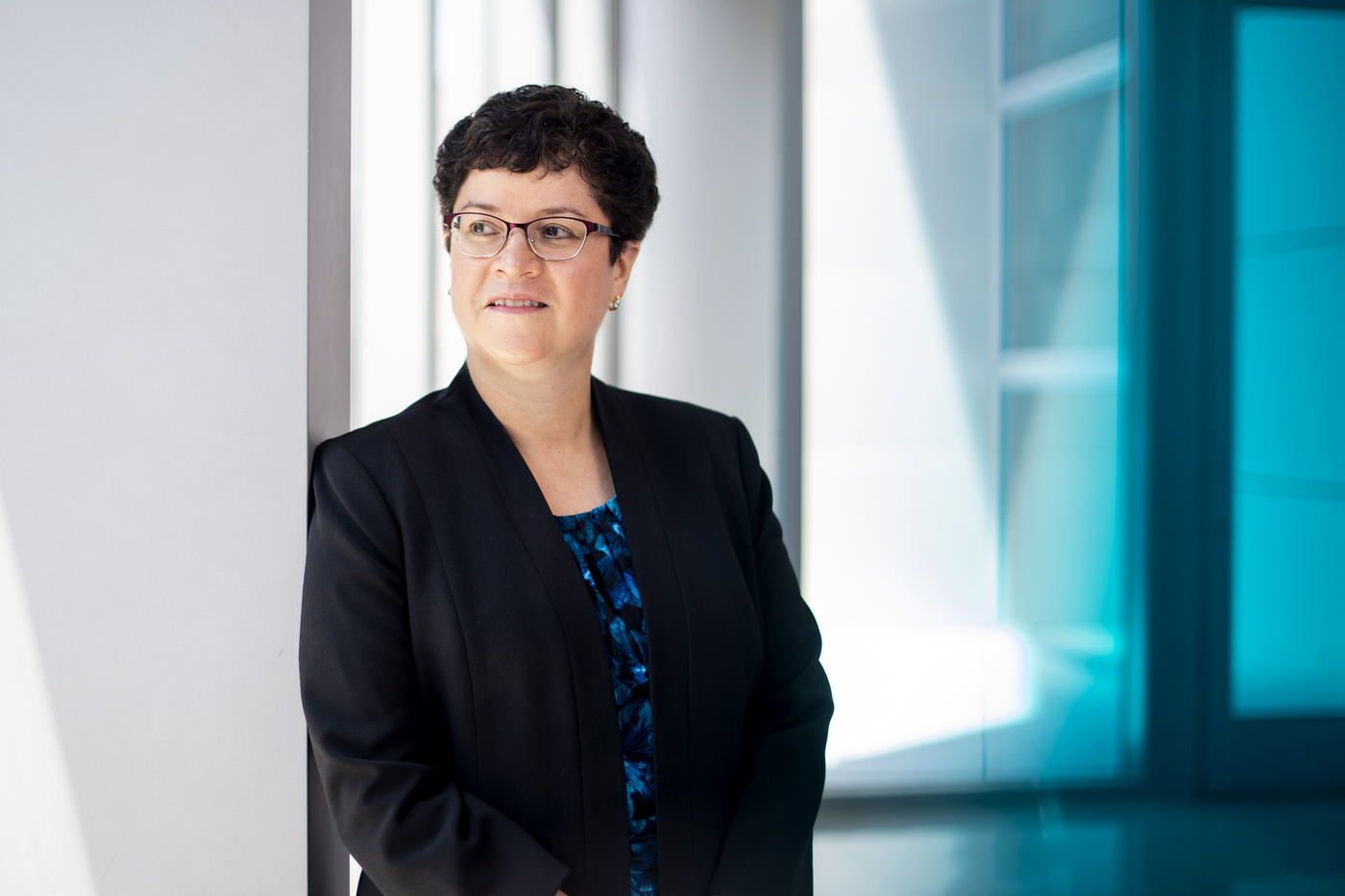
Carmen Sceppa, dean of the Bouvé College of Health Sciences at Northeastern, helped create the free online COVID-19 vaccine course in conjunction with the Global Resilience Institute. Photo by Matthew Modoono/Northeastern University
Drawing on guidance from the Centers for Disease Control and Prevention and the latest science about vaccines, leading researchers in Northeastern’s Bouvé College of Health Sciences distilled this information into easy to understand modules in a self-paced format that takes about 30 minutes to complete.
“Public skepticism about the COVID-19 vaccines is being fueled by rampant social media misinformation,”
says Flynn. “The general population trusts universities and colleges, and we’re equipped to provide this authoritative information.”
The scripts for each narrated lesson were written by Bouvé faculty, and the information was vetted by a committee of Northeastern researchers well versed in the COVID-19 vaccine.
“All of the faculty who helped write these modules are licensed pharmacists, except one, and many of them are also immunizers,” says Margarita DiVall, a clinical professor in the school of pharmacy and associate dean for faculty affairs.
“The Bouvé faculty are living and breathing this issue right now, and a lot of them have experience with vaccines in a clinical setting,” adds Carmen Sceppa, dean of the college. “I felt it was important to collaborate with the GRI on this project to demystify the vaccine.”
While the course is a helpful guide, Flynn says this isn’t a replacement for official messaging from authorities such as the CDC or the World Health Organization. And as the vaccine situation continues to evolve, the committee will revise and update the information in the modules accordingly.
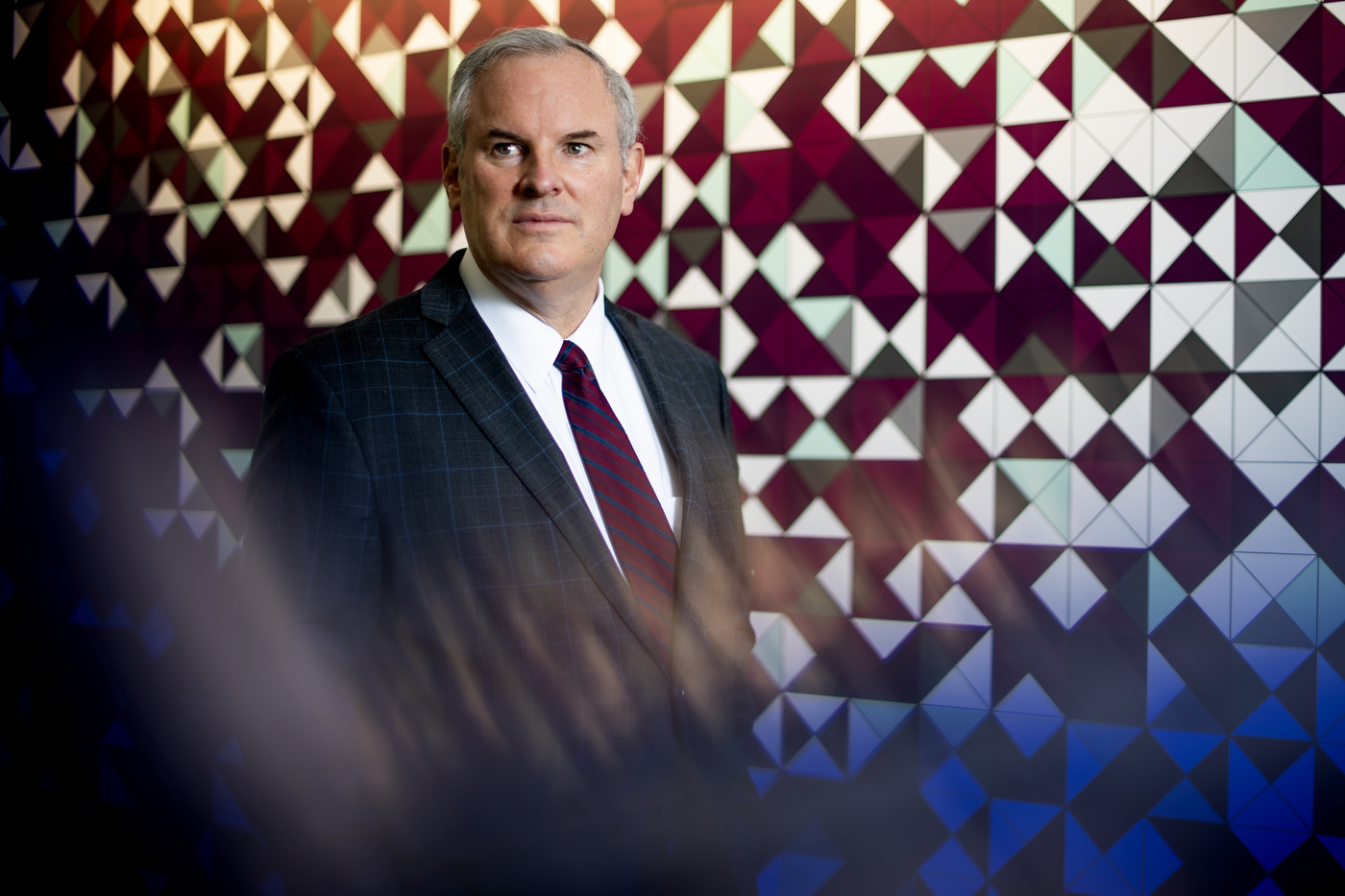
Stephen Flynn, director of the Global Resilience Institute, spearheaded the effort to create a free, easy to understand COVID-19 vaccine course available online. Photo by Matthew Modoono/Northeastern University
Some questions the course aims to answer are: Why do some people find vaccines to be controversial? When will I be able to get the vaccine? How does the Food and Drug Administration’s approval process work? And why do we still need to wear a mask after a vaccine is deployed?
This is the third free online educational resource crafted by the Global Resilience Institute since the pandemic began last March. The first course, COVID-19: How to Be Safe and Resilient, focused on healthy habits to stave off the virus such as how to disinfect surfaces, how to properly use masks and gloves, and how to navigate public spaces. The second course, A Practical Approach to Enterprise Restart & Recovery Planning, is focused on providing general guidance and frameworks to help small to medium size organizations approach their recovery plans.
Though the lessons were created by the university, it’s not a college-level course. The information is intended to be universally accessible and understandable to everyone. It is currently available in English, with Spanish scheduled for launch tomorrow.
“The Hispanic community and other underrepresented communities don’t have a lot of resources to learn about the vaccine,” says Angie Valencia, Associate Director of the Global Resilience Institute and native Spanish speaker who helped to translate the course into Spanish, and has been working with the institute’s marketing and communications manager, Caroline Crawford, on this important launch.
The institute hopes to expand the reach of the course by sharing it widely.
“We’re trying to give people the information they need to make their own decisions,” says Valencia. “We’re not trying to push an agenda or claim to be the ultimate voice in this. You should still talk to your doctor about any medical questions you have.”
For media inquiries, please contact Shannon Nargi at s.nargi@northeastern.edu or 617-373-5718.
